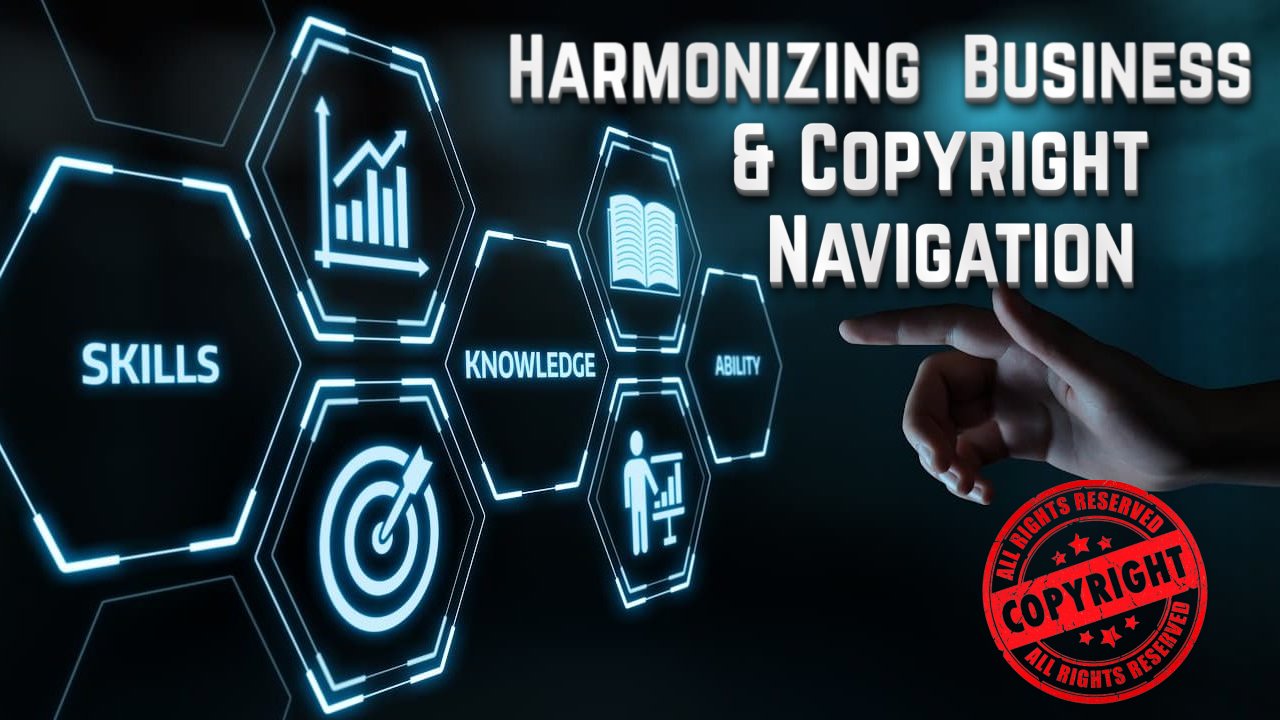Harmonizing Business and Copyright: Navigating Music Licensing Laws in Indian Stores and Restaurants
This article explores the intricate legal landscape surrounding the playing of music in stores and restaurants in India, focusing on how businesses can avoid copyright infringement lawsuits. It delves into the relevant laws, licensing mechanisms, and compliance strategies.

Introduction:
The ambiance of stores and restaurants is often complemented by carefully curated music playlists, enhancing the overall customer experience. However, playing music without proper licensing can lead to copyright infringement lawsuits, potentially causing legal and financial setbacks for businesses. This article aims to unravel the complexities of music licensing laws in India, guiding businesses on how to navigate this terrain and strike the right chord between ambiance and legal compliance.
Understanding Indian Copyright Laws:
The foundation of any discussion on playing music in public spaces lies in understanding the relevant copyright laws. The Indian Copyright Act, 1957, governs the protection of musical works and provides exclusive rights to creators. Public performance of music, which includes playing it in commercial establishments, is considered a copyrighted act. Therefore, businesses need to secure appropriate licences to avoid legal ramifications.
Licensing Mechanisms:
To avoid copyright infringement, businesses can obtain licences from copyright societies such as the Indian Performing Right Society (IPRS). These societies act as intermediaries between businesses and music creators, facilitating the legal use of copyrighted music. Obtaining a blanket licence from IPRS ensures that a business can play a diverse range of songs without having to negotiate individual licences for each track.
It's essential to understand the difference between a phonographic performance licence and a public performance licence. The former pertains to the right to use recorded music, while the latter covers live performances or playing recorded music in public spaces.
Compliance Strategies for Businesses:
Businesses can adopt several compliance strategies to ensure they adhere to copyright laws while playing music. Regularly renewing licences, keeping accurate records of music usage, and displaying licence certificates prominently can contribute to a robust compliance framework.
Moreover, businesses should be aware of the limitations of their licences. For instance, a licence obtained for background music may not cover live performances or the use of music in promotional materials. Understanding the scope of licences is crucial for comprehensive compliance.
Educating Staff and Management:
Ensuring that staff and management are well-informed about copyright laws is an integral part of compliance. Conducting training sessions to educate employees about the legal implications of playing music without proper licences can minimise the risk of inadvertent violations. Clear guidelines on selecting music from licensed sources can also contribute to a culture of compliance within the business.
Potential Consequences of Non-Compliance:
The consequences of non-compliance with music licensing laws can be severe. Copyright infringement lawsuits may result in substantial fines and legal expenses, tarnishing the reputation of the business. In extreme cases, the court may issue injunctions, forcing businesses to cease playing music altogether until proper licences are obtained.
Reputational damage can be significant, impacting customer trust and loyalty. Additionally, repeated violations may lead to increased scrutiny from copyright enforcement authorities, escalating legal consequences for the business.
Conclusion:
In conclusion, businesses playing music in stores or restaurants in India must be cognizant of the legal implications associated with copyright infringement. Understanding the intricacies of the Indian Copyright Act, securing the appropriate licences, and implementing robust compliance strategies are crucial steps in harmonising business practices with copyright laws.
Adopting a proactive approach, businesses can navigate the legal landscape effectively, ensuring that the ambiance created by music aligns with regulatory requirements. By educating staff, obtaining comprehensive licences, and adhering to compliance strategies, businesses can not only avoid legal pitfalls but also contribute to a fair and thriving music ecosystem in India's commercial spaces. In essence, the harmonious coexistence of music and businesses requires a commitment to legal compliance, enhancing the overall harmony of the commercial environment.












